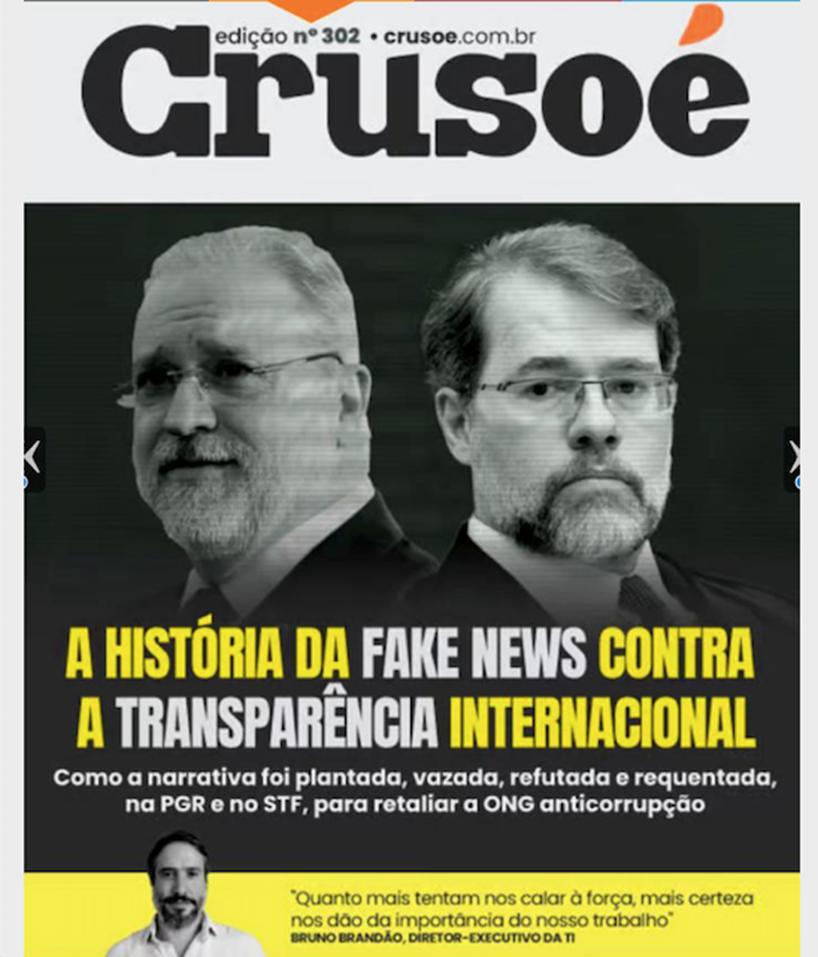Defamation is a scary word for the anticorruption community. After all, anti-defamation laws are frequently abused to harass, deter, and discredit people who accuse politicians of misconduct. But defamation suits can also be an important tool for anticorruption activists to defend against false and misleading attacks designed to undermine their work. As smear campaigns deter and diminish anticorruption advocacy, we must be cautious in our attempts to weaken or repeal anti-defamation laws, for they may prove to be a necessary line of defense.
To understand why anti-defamation laws can be so important to activists, take the case of Peruvian journalist Gustavo Gorriti. Gorriti has spent much of his life trying to investigate and expose corruption. When the Lava Jato scandal rocked Latin America, his publication, IDL-Reporteros, helped uncover millions in bribe payments to public officials. Gorriti played an important role in what shaped up to be one of the most consequential anticorruption investigations in the continent’s history.
Unsurprisingly, Gorriti came under fire for his investigative work. Among other lines of attack, stories started to pop up in some media outlets falsely accusing Gorriti of having ties to directors of the bribe-paying construction company that he had investigated; these stories were clearly part of a campaign to undermine his credibility by spreading false or misleading information. This is no isolated case. Corrupt politicians and their supporters routinely make use of disinformation campaigns to discredit accusers. The problem is only getting worse, and the consequences are serious. Such campaigns often spark violence and harassment against anticorruption activists, and they can even lead to the opening of criminal investigations purporting to act on the (fabricated) allegations. Other times, disinformation undermines public support for important reforms. These consequences make life harder for the people who, like Gorriti, want to expose corruption.
What did Gorriti do about this problem? Trying to persuade the public through counterspeech wasn’t very helpful. But Gorriti had another idea: sue for defamation. If persuasion couldn’t overcome the lies thrown at him, then perhaps he could use the legal system to hit his attackers where it hurts—their pocketbooks. Claiming to have borrowed the idea from a Finnish journalist who tried the same, he did his research on who was spreading lies and brought them to court. His strategy was successful, and Gorriti scored some important victories, including getting his opponents to retract their false statements and apologize.
Although anticorruption activists and journalists rarely file suits against their attackers, more might (and for that matter, should) start to follow Gorriti’s example. Recent defamation suits against media companies and politicians show that they have a real impact. They correct the record and deter people from initiating smear campaigns in the first place. Continue reading
